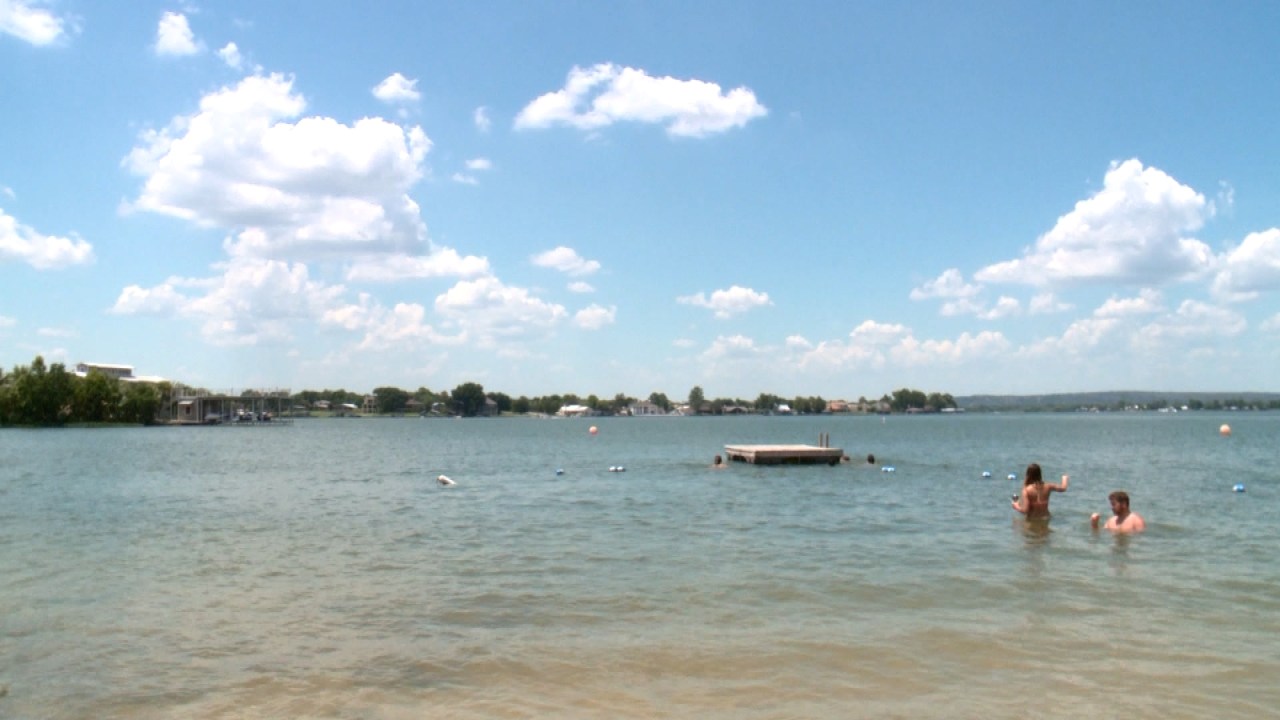Infection
Person gets sick, dies from amebic infection after swimming in Lake Lyndon B. Johnson
TRAVIS COUNTY, Texas (KXAN) — A Travis County resident got sick and died after developing an illness caused by an amebic meningitis infection after swimming in Lake Lyndon B. Johnson earlier this month.
Austin Public Health reported the death of the resident and urged people to take precautions when swimming in natural bodies of water amid the ongoing, intense heat Texas is experiencing.
According to the Centers for Disease Control and Prevention, amebic meningitis, or primary amebic meningoencephalitis (PAM), is a rare brain infection that is caused by Naegleria fowleri and is usually fatal. Naegleria fowleri is a free-living ameba that lives in warm fresh water and soil around the world and infects people when the ameba enters the body through the nose.
“Although these infections are very rare, this is an important reminder that there are microbes present in natural bodies of water that can pose risks of infection,” said Austin-Travis County Health Authority Dr. Desmar Walkes. “Increased temperatures over the summer make it ideal for harmful microorganisms to grow and flourish.”
Precautions you can take to prevent infection:
There are many risks associated with swimming in natural bodies of water, including amebic infections, according to APH. To reduce the risk of infection, APH recommends the following precautions:
- Limit the amount of water going up your nose. Hold your nose shut, use nose clips or keep your head above water when taking part in warm freshwater-related activities.
- Avoid water-related activities in warm freshwater during periods of high water temperature and low water levels.
- Avoid digging in or stirring up the sediment while taking part in water-related activities in shallow, warm freshwater areas.
Causes and symptoms
Amebic meningitis does not occur if water is swallowed, but can be fatal if forced up the nose, which can occur when jumping into water, diving, water-skiing or other water activities. It is not found in salt water or in properly maintained and chlorinated pools.
Symptoms of an amebic meningitis infection start with severe headache, fever, nausea and vomiting and progress to stiff neck, seizures and coma and can lead to death. These rare infections usually occur when it is hot for prolonged periods of time, which results in higher water temperatures and lower water levels.
PAM infections are rare, with only 39 known infected individuals in Texas between 1962 and 2022. PAM can cause severe illness up to nine days after exposure.
A sample specimen from the case has been sent to the Centers for Disease Control and Prevention for further identification.
Toxic algae in Central Texas bodies of water
Earlier this month, the Lower Colorado River Authority said toxic algae was detected in Lake LBJ and Inks Lake. LCRA said the toxicity was detected in the algae itself and not in the lake water.
Following analysis of water samples across Austin from May to June, the Austin Watershed Protection Department also confirmed toxic algae had been found in the water from several locations, including Barton Springs.
If someone has sudden, adverse symptoms after swimming, they should contact the Texas Poison Control Center at 1 (800) 222-1222 or their medical provider. The City of Austin asks if this does happen, to complete a reporting form.
Lists of current algae monitoring sites with harmful algae in Central Texas can be found on the city’s website.

